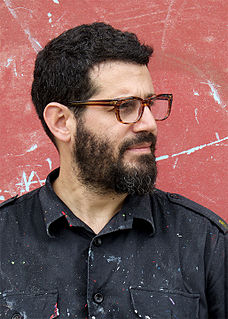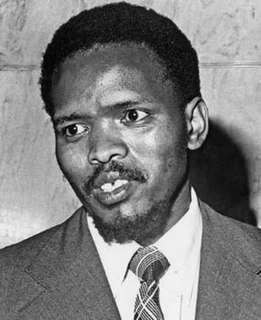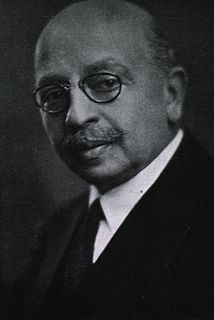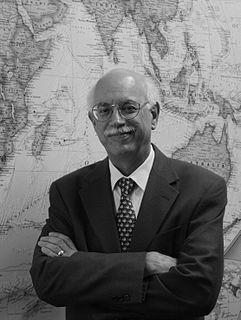A Quote by Robert Greene
To a large extent, the political walls are crumbling.
Related Quotes
Any country is hard to govern, even a very small country. It's not a question of whether the country is large or small. It's a question of how you relate to the work, to what extent you feel responsible for it. Russia is also hard to govern. Russia is at the development stage of both its political system and the creation of a market-based economy. It's a complicated process, but very interesting. Russia, actually, is not just a large country, it's a great country. I mean its traditions, and its cultural particularities.
People who live in states have as a rule never experienced the state of nature and vice-versa, and have no practical possibility of moving from the one to the other ... On what grounds, then, do people form hypotheses about the relative merits of state and state of nature? ... My contention here is that preferences for political arrangements of society are to a large extent produced by these very arrangements, so that political institutions are either addictive like some drugs, or allergy-inducing like some others, or both, for they may be one thing for some people and the other for others.






































